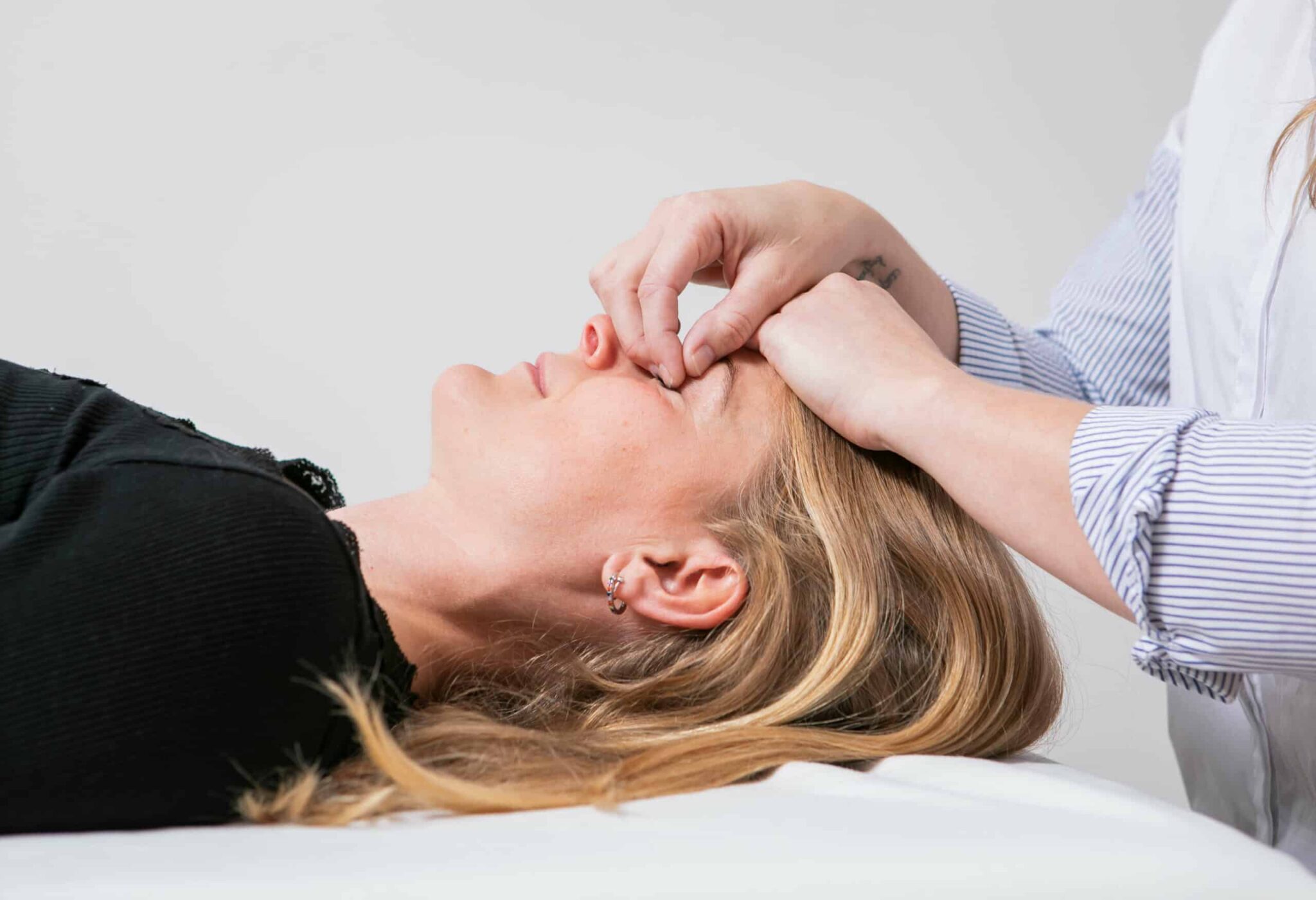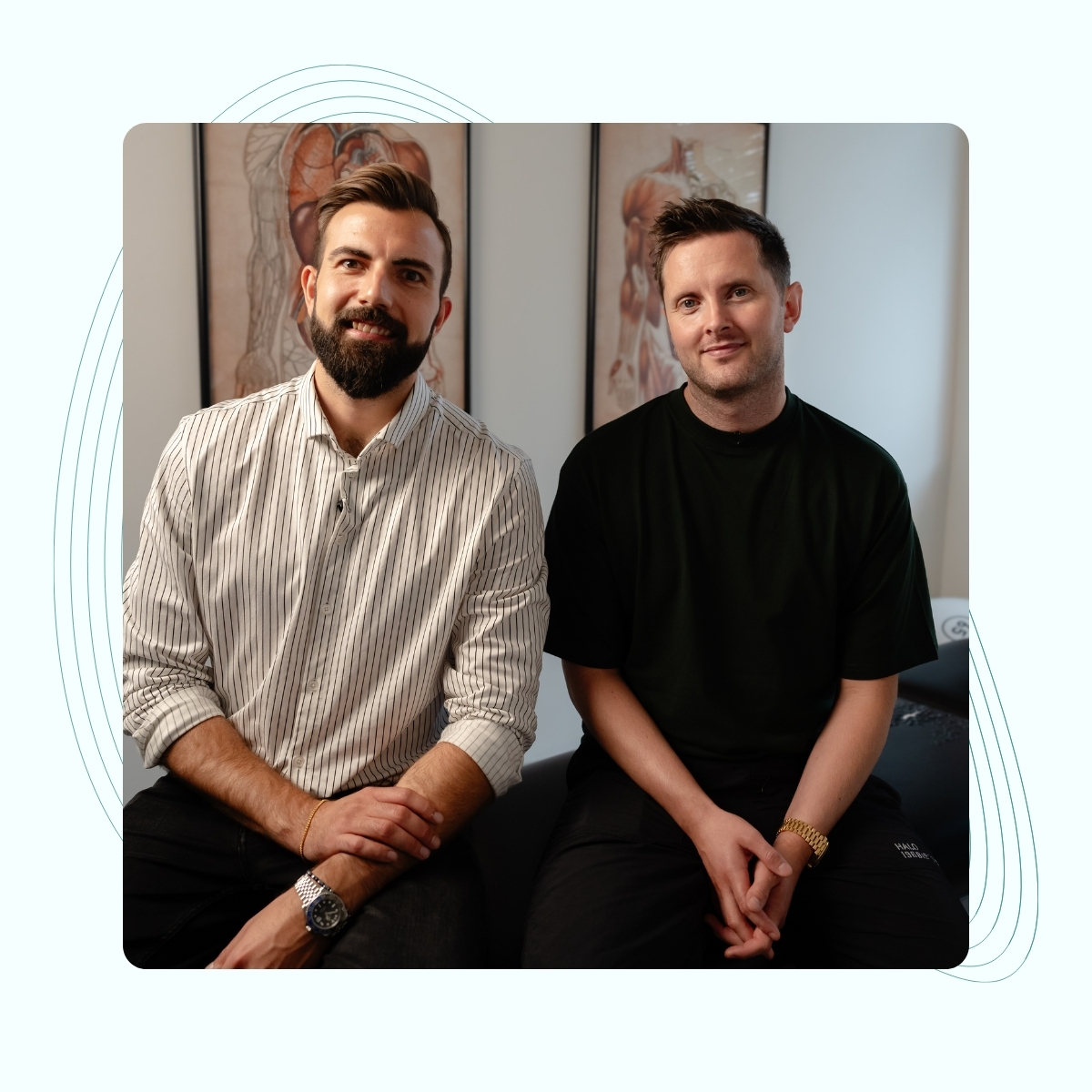What is alternative treatment?
Alternative treatment is a term for several different treatments that have little to no documented effect. They are therefore not part of the conventional treatment offered by the health service. It is considered a supplement to primary treatment. The treatment can be performed by people with and without a health professional authorization.
What alternative treatments are available?
There are many different types of alternative medicine. Some of the most well-known forms include acupuncture, homeopathy, chiropractic, massage, yoga, meditation, aromatherapy, and dietary supplements. There are also more controversial forms of alternative medicine, such as healing, clairvoyance, and astrology.
How does alternative treatment work, and is there scientific evidence for the effectiveness of these treatments?
There are many different types of alternative treatments, and the mechanism of action and evidence vary greatly depending on the type of treatment. In general, there is not enough research in the field and on the given treatment, either due to the amount of documentation or the quality of the documentation.
What are the risks of alternative treatments, and how can I protect myself from these risks?
There may be risks and side effects with alternative treatments due to the lack of sufficient evidence for the treatment in question.
- Check whether the therapist is a registered alternative therapist
- Ask the therapist how the treatment is done.
- Ask your doctor what effects and possible side effects you can expect.
- Consider talking to your doctor about alternative treatments.
- Avoid alternative practitioners who claim to cure serious illnesses
- Remember that you can always stop the treatment if you don’t feel comfortable.
Another good piece of advice is to consult your own doctor.
Is alternative treatment covered by my health insurance, and how much does it typically cost?
Often alternative treatment will be self-paid. As a consumer when purchasing the treatment, you have some rights that are good to know. If you choose an authorized practitioner, you are sure that the practitioner meets the minimum requirements for education and clinical practice and that you have better opportunities to complain. In addition, the practitioner must comply with the set of rules for good clinical practice that the association is obliged to have. The practitioner association, of which the authorized practitioner is a member, is also obliged to have a complaints body available.
Osteopathy is an authorized form of treatment.
In 2018, osteopathy became an authorized form of treatment. This means that the osteopath must be registered. Authorized healthcare professionals must meet strict requirements to practice as therapists.



